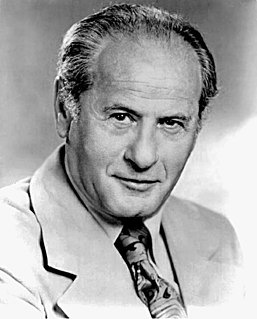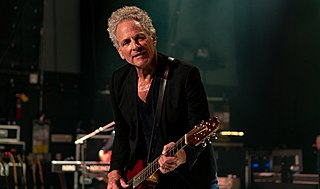A Quote by Vincent Piazza
I find historical figures in general very tricky because you feel at times that you're serving two masters. Not only the arc and wonderful writing that comes with the show, but also the history of a person's life.
Related Quotes
I think a lot of my interest in history now isn't so much in places and names and texts and public figures, but more in examining all the nuances and idiosyncrasies of particular stories of everyday people. And if that doesn't happen, then I usually transplant myself and my own stories to a particular historical event. Which is why you'll see me, the first person pronoun, interacting in a song about Carl Sandburg, or you'll find my [sic] interacting with Saul Bellow. It's sort of a re-rendering of history and making it my own.
I resolved to dedicate all my life to God, all my thoughts, and words, and actions; being thoroughly convinced, there was no medium; but that every part of my life (not some only) must either be a sacrifice to God, or myself, that is, in effect, to the devil. Can any serious person doubt of this, or find a medium between serving God and serving the devil?
In cooking I found my mentor in this great chef, Albert Roux. I think this is a very important thing in life, to find someone who can steer you because to find it all by yourself is quite a difficult and slow process. That's not to say you won't ever get there, but to find a great coach, a great mentor, someone to show you the way and to open a few windows and doors, is a wonderful thing in life.



































